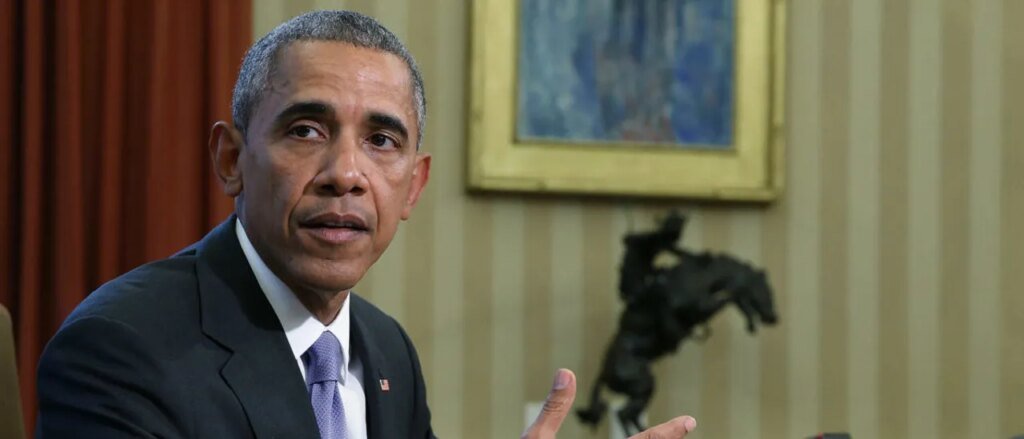Reflections on Presidential Scandals
Let’s get one thing straight. Richard Nixon’s downfall was due to a petty burglary he tried to cover up. In contrast, Barack Obama allegedly weaponized the federal government against his political foes, all while being awarded a Nobel Peace Prize and a Netflix deal.
Historians often revisit Watergate when discussing presidential scandals, but many overlook the longer-term implications of Obama’s actions for the rule of law and public trust. Nixon’s issues seem minor compared to what transpired under Obama’s administration. The former president didn’t just bend the norms; he fundamentally weakened constitutional checks on power, rendering Watergate almost trivial by comparison.
Let’s begin with the IRS scandal. Under Obama, the IRS targeted conservative nonprofits, especially those related to the Tea Party. Applications were delayed, donor lists were requested, and ordinary citizens’ voices were stifled. Imagine the outcry if Trump’s IRS had treated organizations like Black Lives Matter or Planned Parenthood the same way. The media would be relentless in their coverage.
Yet, in Obama’s case, his media allies dismissed the scandal as a mere “misstep” or “bureaucratic error.” Don’t be fooled; this represented a significant use of federal power against everyday Americans based purely on their political beliefs. And remarkably, no one faced any consequences.
Then there’s the issue of surveillance. Obama’s FBI used dubious opposition research funded by the Clinton campaign to justify spying on the Trump campaign. The DOJ and intelligence agencies secured a secret FISA warrant against American citizens, knowing the evidence was sketchy, if not fabricated. This goes beyond unethical—it’s a disturbing trend toward authoritarianism.
Watergate involved Nixon attempting to hide his misdeeds. Conversely, under Obama, the intelligence community itself was weaponized. It represented an egregious abuse of surveillance akin to practices found in a banana republic. And, once again, there were little to no repercussions.
We can’t overlook Operation Fast and Furious, either. The Obama administration’s misguided effort to track guns sold to Mexican cartels ultimately resulted in those weapons being used in crimes, including the deaths of U.S. Border Patrol agents. When Congress sought documents, Attorney General Eric Holder refused, and Obama shielded him with claims of executive privilege. Had this occurred under a Republican president, it would still be a topic in school curriculums.
The Obama White House also had a questionable relationship with journalists. Fox News reporter James Rosen was labeled as a criminal conspirator, which led to the DOJ secretly monitoring his emails and movements. All the while, Obama branded himself as the most “transparent” president in history.
At least during Nixon’s era, the system worked to some extent. Investigative journalism brought his misconduct to light, Congress took action, and Nixon resigned. Conversely, under Obama, the media largely turned a blind eye, Congress seemed impotent, and the public was given a crafted narrative rather than the truth.
Obama’s presidency was marketed as “scandal-free,” but that was a facade. In reality, his administration normalized troubling political practices, using government as a weapon against fellow Americans rather than foreign adversaries.
This sets a worrying precedent. When one side opens that door, the other feels entitled to follow suit, leading to a significant erosion of trust in our institutions. As a result, the foundations of our Republic are starting to wobble.
Sure, Watergate was a grim chapter in history. But the legacy of institutional abuse, political spying, and targeted threats during Obama’s presidency carries even more severe implications. It has taught political leaders that as long as they have the right support in the media, the end can justify the means.
If Nixon had to resign over a cover-up, then Obama’s conduct calls for more than a polished documentary—it demands scrutiny, outrage, and accountability.
Because if we don’t name it for what it is, we risk not just rewriting history, but erasing the very essence of our Constitution.







